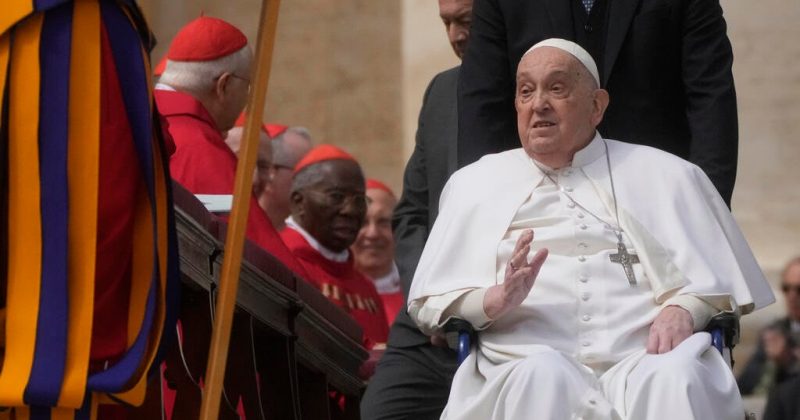
The death of Pope Francis on Monday at the age of 88 marks the end of an era for the Catholic Church. His nearly ten-year papacy was characterized by a unique blend of progressive reforms and unwavering adherence to core Catholic doctrines, leaving behind a complex and multifaceted legacy.
Known affectionately as the “People’s Pope,” Francis cultivated an image of humility and accessibility, a stark contrast to some of his predecessors. His emphasis on social justice, environmentalism, and outreach to the marginalized resonated deeply with many, particularly younger generations who felt alienated by a perceived rigidity within the Church. His frequent pronouncements on issues like climate change and economic inequality positioned him as a powerful voice on the world stage, engaging in dialogue with global leaders and advocating for the poor and vulnerable.
However, Francis’ papacy wasn’t without its challenges and criticisms. His attempts at internal reform, including his efforts to address the clergy sex abuse crisis, faced significant resistance from conservative factions within the Church. His more progressive stances on issues like divorce and same-sex marriage also sparked controversy among traditionalists, highlighting the deep divisions within the Catholic community. The debate surrounding these issues continues, and the full impact of his reforms may not be apparent for years to come.
Beyond specific policies, Francis’ legacy is defined by his personal style and his unwavering commitment to his faith. His simple lifestyle, his willingness to engage in open dialogue, and his profound empathy for the suffering resonated with millions across the globe. He inspired many to reconsider their relationship with the Church, and his influence on the global conversation surrounding social justice and environmental stewardship will undoubtedly endure.
Ultimately, the legacy of Pope Francis is a complex and evolving one. His papacy was a period of significant change, marked by both progress and conflict. His impact on the Catholic Church and the world at large will continue to be debated and analyzed for generations to come, solidifying his place as one of the most significant and influential figures of the 21st century.









